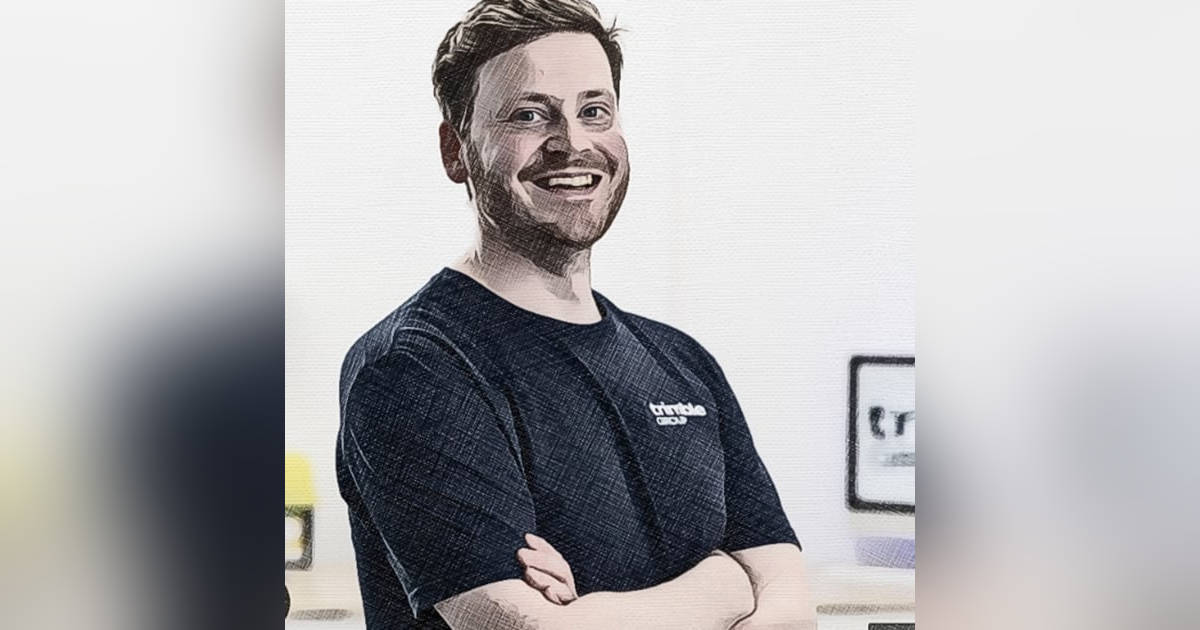#103: 'The More You Tell People, The Less They’ll Remember': Learning To Teach. With Dr Toby Trimble

How much time have you committed over the course of your veterinary career to get better at teaching? I'm betting that for most of you, the answer is: not much. Why? Because we're not teachers, right? But maybe we need to think again. Most of us in the veterinary profession spend much of our working lives trying to transfer and translate information. Isn't that, in essence, teaching?
Dr Toby Trimble spends a most of his time coming up with better ways to teach. Toby is the founder of Trimble Group, a film production company reinventing education for animal health, making it less like PowerPoint and more like Netflix. He focuses on making education engaging, visual, and memorable. With his team, Toby has created over 800 CPD videos and live broadcasts in the UK, Europe, Asia and Australia. He's also a specialist in veterinary anaesthesia and analgesia and an Assistant Professor of Veterinary Anaesthesia at the University of Nottingham.
In this conversation, Toby delves into why we should — and how we could — all be better teachers and communicators. He reflects on the lessons dyslexia taught him about teaching and about our perceptions regarding our own limitations. He discusses why a lot of online teaching falls short and how it can be so much better, the concept of using marginal gains to secure an edge in exam prep and in life, and so much more.
Topic list:
01:18 Better communication through visual storytelling. 09:46 Preparation and practice reduce anxiety. 10:41 Verbal fillers can detract from communication. 19:17 Overcoming dyslexia through personalised education. 24:07 Hard work leads to breakthroughs. 27:48 Engaging, visual, experiential learning. 35:49 Education online will shift. 41:48 AI can provide information, but understanding is the key. 48:24 Simulation enhances veterinary skills training. 53:58 Marginal gains improve exam preparation. 58:47 Small things make a huge difference. 65:19 Clarify your message for memorability.
Join our community of Vet Vault Nerds to lift your clinical game and get your groove back with our up-to-date, easy-to-consume clinical episodes at vvn.supercast.com.
Visit thevetvault.com for show notes and resources related to this episode.
Connect with us through our online Vet Vault Network for episode highlights, clinical resources, discussions, questions and support.
Subscribe to our weekly newsletter here for Hubert's favourite clinical and non-clinical learnings.
Get up and running (or working!) with a 10% discount for Tarkine shoes, the official shoe of the Vet Vault by using the code Vetvault at checkout.






